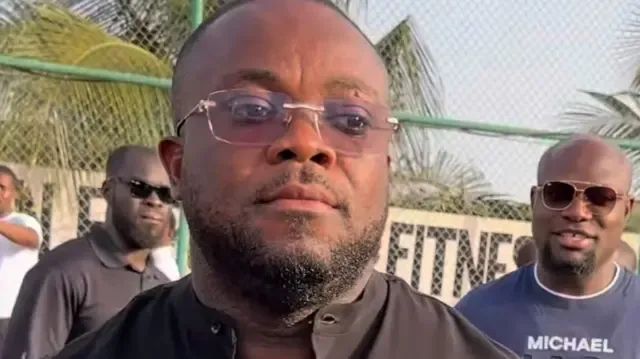Inside the Extradition Case of Kofi Boat: 10 Key Revelations That Are Shaping the Courtroom Battle
The ongoing extradition hearing of Ghanaian businessman Isaac Oduro Boateng, popularly known as Kofi Boat, has drawn national attention and international interest. Held at the Gbese District Court, the case stems from a U.S. extradition request linked to alleged wire fraud and romance scams. But beyond the headlines lies a complex web of legal arguments, disputed evidence, and surprising developments.
As the proceedings unfold, here are 10 significant revelations that are shaping the narrative:
- U.S. Seeks Extradition Over Fraud Investigation
The U.S. government has formally requested the extradition of Kofi Boat and three others. The request is part of a larger investigation into cybercrime involving romance scams and wire fraud schemes. The Government of Ghana is currently reviewing the request.
- Defense Challenges Validity of Arrest Warrant
Kofi Boat’s legal team raised an objection over the admissibility of the U.S. arrest warrant, arguing it was not authenticated by Ghana’s diplomatic mission in the United States—a key legal requirement under Ghanaian law. The court has adjourned the matter to July 1st for a ruling.
- Convicted Ghanaian in U.S. Linked to Case
At the heart of the case is Frederick Asante, a Ghanaian national already convicted in the U.S. for wire fraud and romance scams. The FBI’s findings on his communications and financial transactions are central to the case against Kofi Boat.
- FBI Cites Phone Records as Key Evidence
The FBI submitted phone records allegedly showing conversations between Asante and Kofi Boat, including discussions about payments to individuals on Boat’s behalf. This evidence is being used to establish a potential link to the broader fraud scheme.
- Actual Amount in Question Under $300,000
Despite widespread media reports suggesting a $100 million scandal, court documents confirm that the amount in question is less than $300,000. The court has since dismissed the inflated figure as inaccurate.
- Transactions Linked to Business, Not Fraud
Evidence presented by the defense suggests that the payments made by Asante were for legitimate business supplies related to Kofi Boat’s operations, casting doubt on the criminal nature of the transactions.
- Reimbursements Made in Ghana Cedis
According to court disclosures, Kofi Boat reimbursed Asante for all business-related payments in Ghana cedis using agreed exchange rates. This detail further complicates the prosecution’s fraud narrative.
- FBI Misread Financial Terms in Chats
The FBI reportedly misinterpreted the term “rate” used in chat logs. While investigators believed it referred to commissions or illicit profits, the defense argues it was simply referencing currency exchange rates—a crucial misunderstanding.
- Kofi Boat Debunks $100 Million Allegation
Kofi Boat has firmly denied involvement in any $100 million scam. The court has clarified that no such allegation exists in the extradition filing, helping to correct the misinformation that has circulated online.
- Willing to Voluntarily Face U.S. Authorities
In an unexpected turn, Kofi Boat has expressed his willingness to voluntarily appear before the U.S. authorities to defend his name and business integrity. He also clarified he has no connections to the other accused individuals.
As the court prepares to rule on the admissibility of the arrest warrant on July 1st, this case has become more than just a legal battle—it’s a lesson in media accountability, legal due process, and international judicial cooperation. With each hearing, the narrative continues to evolve, revealing a far more nuanced and complex picture than initially portrayed.


Comments are closed, but trackbacks and pingbacks are open.